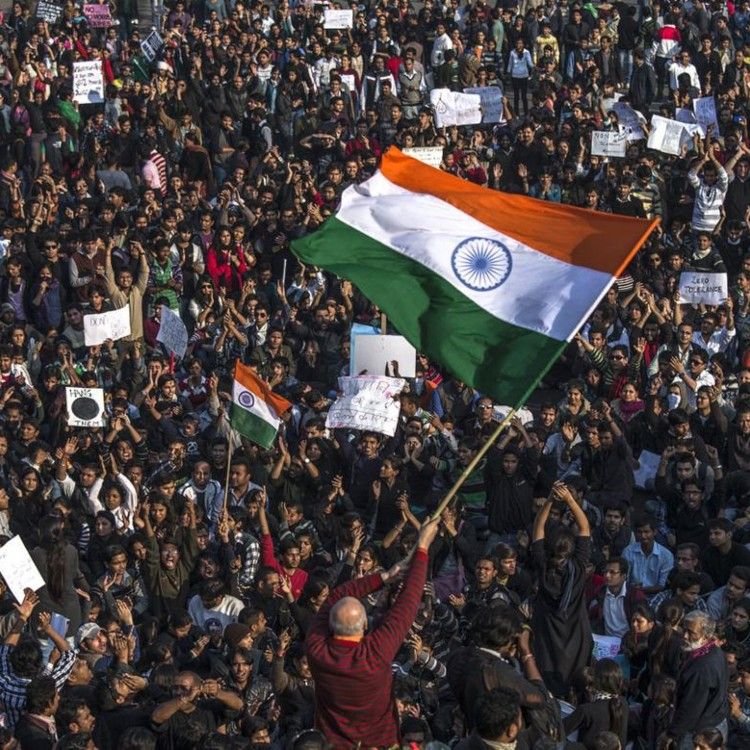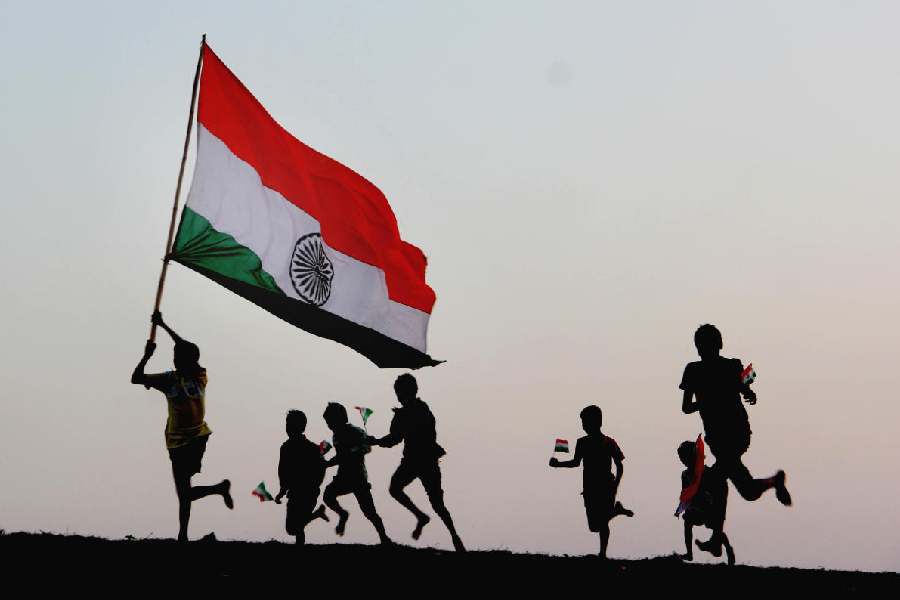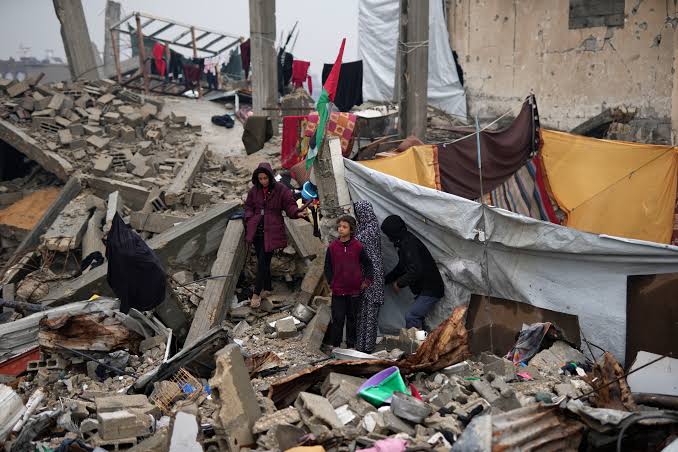 The signatories include Firdous Azim, an English professor and member of the feminist organization Naripokkho, and Manzoor Hasan of the Centre for Peace and Justice at BRAC University in Bangladesh; Kanak Mani Dixit, founding editor of Himal Southasian, and Sushil Pyakurel, former commissioner of the National Human Rights Commission of Nepal; and Sri Lankan journalist Lakshman Gunasekara.
The signatories include Firdous Azim, an English professor and member of the feminist organization Naripokkho, and Manzoor Hasan of the Centre for Peace and Justice at BRAC University in Bangladesh; Kanak Mani Dixit, founding editor of Himal Southasian, and Sushil Pyakurel, former commissioner of the National Human Rights Commission of Nepal; and Sri Lankan journalist Lakshman Gunasekara.
The immediate catalyst for the letter is the situation in Bangladesh, where the signatories highlighted issues such as river water diversion, access to the Indian Northeast through Bangladeshi territory, and India’s influence in supporting the autocratic regime of Sheikh Hasina over the past decade. The letter also criticized India’s historical intervention in Sri Lanka, particularly the deployment of the Indian Peace Keeping Force (IPKF) in the late 1980s, and recent efforts to push Indian business interests onto the island.
In the case of Nepal, the letter pointed to Indian interference through politicians, diplomats, intelligence agencies, and Hindutva activists, citing the 2015 blockade imposed by India following the promulgation of Nepal’s Constitution as an example. The signatories also addressed India’s concerns about China’s growing influence in the region, urging New Delhi to respect the sovereign rights of its neighbors to engage with Beijing independently.
The letter concludes by emphasizing that Bangladesh, Nepal, and Sri Lanka should not fall under the influence of any major power, including China and India, and that New Delhi’s alarm over China’s presence in the region is misplaced.


 The signatories include Firdous Azim, an English professor and member of the feminist organization Naripokkho, and Manzoor Hasan of the Centre for Peace and Justice at BRAC University in Bangladesh; Kanak Mani Dixit, founding editor of Himal Southasian, and Sushil Pyakurel, former commissioner of the National Human Rights Commission of Nepal; and Sri Lankan journalist Lakshman Gunasekara.
The signatories include Firdous Azim, an English professor and member of the feminist organization Naripokkho, and Manzoor Hasan of the Centre for Peace and Justice at BRAC University in Bangladesh; Kanak Mani Dixit, founding editor of Himal Southasian, and Sushil Pyakurel, former commissioner of the National Human Rights Commission of Nepal; and Sri Lankan journalist Lakshman Gunasekara.

